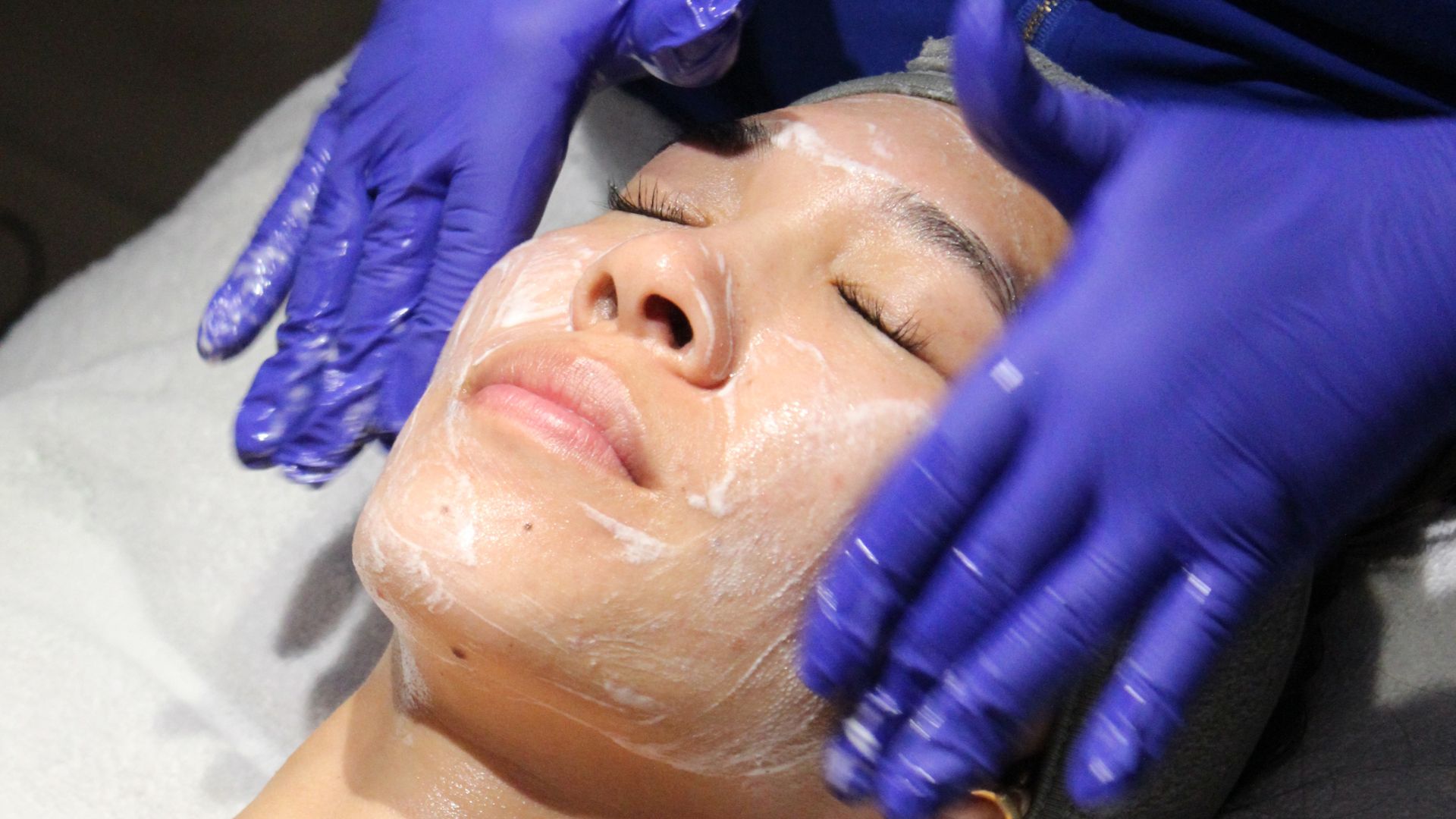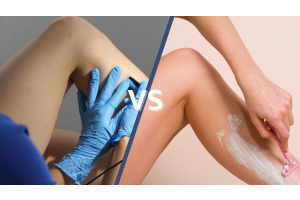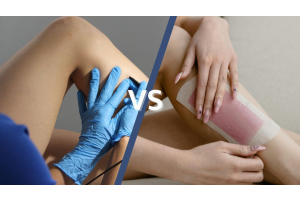Happy National Skincare Education Day! In the dazzling, sometimes dizzying, world of skincare, it feels like there's a new "must-have" ingredient or "miracle" product every week. Today, as we celebrate the importance of understanding our body's largest organ, it's the perfect time to cut through the noise. Beneath the hype and the beautifully packaged bottles lie some fundamental truths about our skin that can truly transform your approach to caring for it. Understanding these core principles is the key to unlocking a healthier, more radiant complexion – no PhD in dermatology required!
So, in honor of National Skincare Education Day, let's get down to the essentials. Here are 10 skincare facts you absolutely need to know to build a routine that truly works for you:
1. Your Skin is Your Largest Organ
Think about it: your skin covers your entire body, acting as a protective barrier against the outside world. It regulates temperature, shields you from UV radiation, and plays a crucial role in your immune system. It's constantly working, regenerating, and communicating its needs. Treating it with care isn't just about looking good; it's about overall health. This also means what you put on it can be absorbed into it, so ingredient awareness is key!
2. Sunscreen Isn't Just for Sunny Days
This is the golden rule of skincare, and for good reason. Up to 80% of premature aging (think wrinkles, dark spots, and loss of elasticity) is caused by sun exposure. UVA rays (aging rays) are present year-round, even on cloudy days, and can penetrate windows. UVB rays (burning rays) are stronger in summer but can still cause damage. Make a broad-spectrum SPF 30 or higher your non-negotiable final step every single morning. Your future self will thank you profusely!
3. Hydration is an Inside and Outside Job
We all know drinking water is good for us, but it's especially crucial for plump, healthy-looking skin. Dehydrated skin can look dull, feel tight, and even make fine lines appear more prominent. Alongside your H2O intake, using hydrating topical ingredients like hyaluronic acid, glycerin, and ceramides helps lock in moisture and support your skin's natural barrier.
4. "Know Thy Skin Type" is Your First Commandment
Is your skin oily, dry, combination, sensitive, or normal? Understanding your specific skin type is fundamental because it dictates the types of products and ingredients that will work best for you, and which ones might cause irritation or breakouts. Using products designed for your type ensures you're addressing its unique needs effectively. If you're unsure, a consultation with an esthetician or dermatologist can be incredibly insightful.
5. Gentle Cleansing is Your Friend (Over-Washing Isn't!)
Yes, cleansing is crucial for removing dirt, oil, makeup, and pollutants. However, harsh cleansers or scrubbing too aggressively can strip your skin of its natural oils, disrupting its protective barrier and leading to dryness, irritation, or even increased oil production as your skin tries to compensate. Opt for a gentle cleanser suited to your skin type, and cleanse once or twice a day.
6. "Beauty Sleep" is Backed by Science
There's a reason it's called beauty sleep! During deep sleep, your body works overtime to repair and regenerate cells, including skin cells. Cortisol (the stress hormone) levels decrease, and melatonin (a sleep hormone with antioxidant properties) increases. Consistently getting 7-9 hours of quality sleep can significantly improve your skin's texture, tone, and overall radiance.
7. Exfoliation is Great, But Don't Overdo It
Exfoliation helps remove dead skin cells, revealing brighter, smoother skin underneath and allowing your other products to penetrate better. However, over-exfoliating can damage your skin barrier, leading to redness, sensitivity, and irritation. How often you should exfoliate depends on your skin type and the type of exfoliant (chemical like AHAs/BHAs, or physical scrubs). Listen to your skin – if it feels irritated, scale back.
8. What You Eat Can Show Up on Your Skin
A balanced diet rich in antioxidants, vitamins (especially A, C, and E), healthy fats, and lean proteins provides the building blocks for healthy skin. Conversely, diets high in processed foods, sugar, and dairy (for some individuals) have been linked to inflammation and skin issues like acne. While not a direct cure-all, nourishing your body from the inside out contributes significantly to your skin's health and appearance.
9. Stress Can Seriously Mess With Your Complexion
Ever notice a breakout appearing right before a big event? That's often stress at play. Stress triggers the release of cortisol, which can increase oil production, lead to inflammation, and exacerbate conditions like acne, eczema, and rosacea. Incorporating stress-management techniques like exercise, meditation, or spending time in nature can benefit not just your mind, but your skin too.
10. Consistency is More Important Than a Complicated Routine
You don't need a 12-step routine with dozens of expensive products to achieve great skin. What matters most is consistently using a few well-chosen products suited to your skin type and concerns, day in and day out. A simple routine of cleanser, moisturizer, and sunscreen, applied regularly, will often yield better results than sporadically using a multitude of trendy items. Add a facial once a month and say hi to that new “glow-getting” self!
By understanding and applying these foundational skincare facts, you can move beyond fleeting trends and build a sustainable, effective routine that supports your skin’s long-term health and vitality. Here's to a smarter skincare journey!






